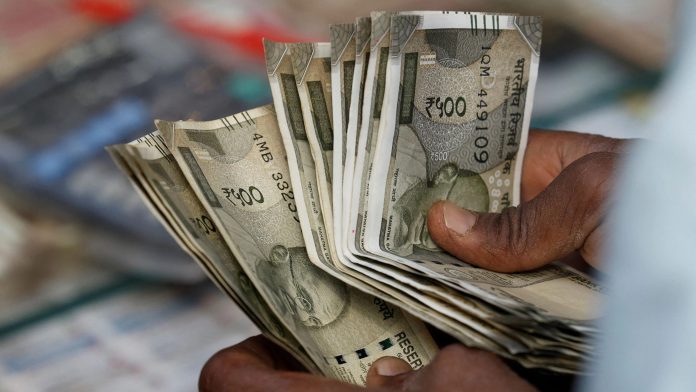New Delhi: India, home to over 200 million Muslims, continues to face challenges in aligning its financial systems with Islamic principles. An opinion piece by Sumna Sadaqat for MuslimMatters.org explores how the country’s interest-based structure excludes a large section of citizens seeking ethical and faith-compatible financial options.
Islamic finance prohibits interest and promotes trade, joint ventures, and profit-loss sharing as means of ensuring justice and equitable wealth distribution. Despite its global success in countries such as the United Kingdom, Malaysia, and Indonesia, Islamic finance in India remains restricted by law. The Banking Regulation Act of 1949 anchors the current system in interest-based banking, leaving little scope for Sharia-compliant alternatives.
Committees over the years have presented contrasting views. While the Anand Sinha Committee in 2005 dismissed Islamic banking as legally incompatible, the Raghuram Rajan Committee in 2008 supported interest-free banking to promote inclusion. The Reserve Bank of India later rejected the idea in 2017, citing equality concerns.
Data from the Sachar Committee and other studies underline deep economic disparity. Muslims form 14 percent of India’s population, yet they hold less than 8 percent of deposits and receive under 5 percent of credit. Analysts say this reflects both systemic and ethical gaps.
Experts suggest regulated non-banking institutions and cooperative models as viable alternatives. Cheraman Financial Services in Kerala, approved in 2013, stands as an example of how Sharia-compliant finance could coexist with India’s secular framework.




